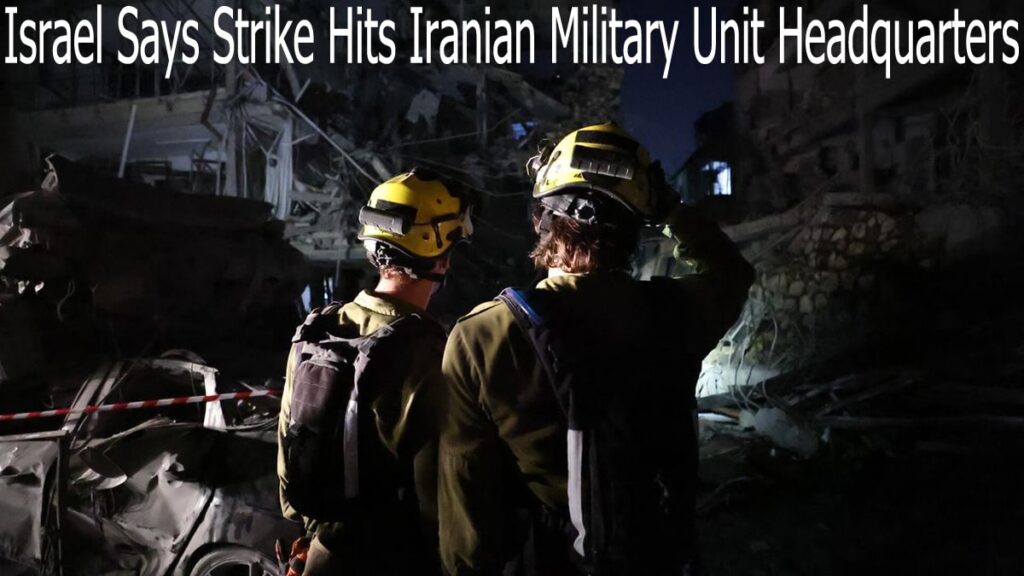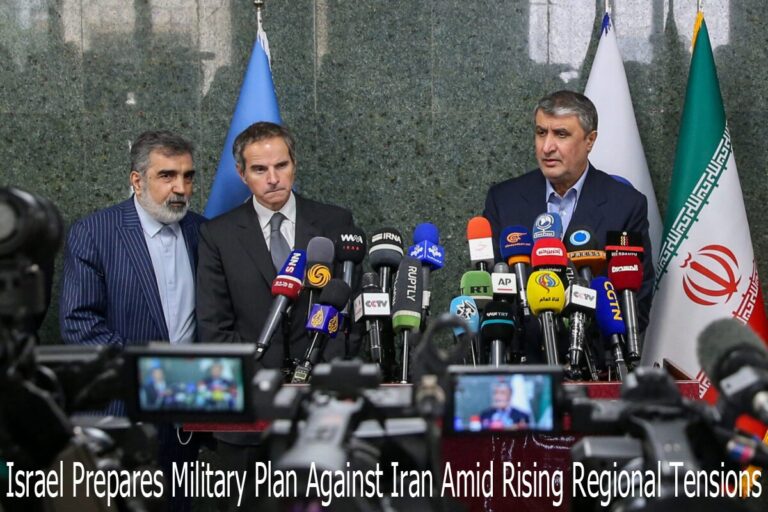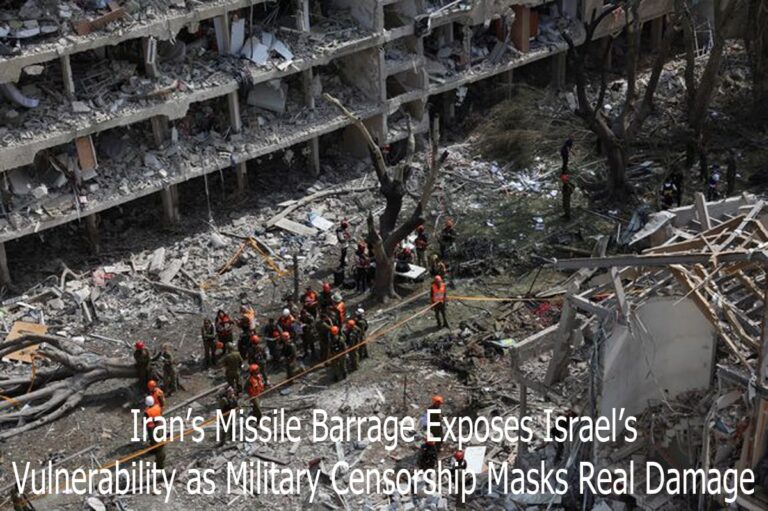
Israel Says Strike Hits Iranian Military Unit Headquarters
Tensions in the Middle East have escalated sharply after Israel launched a massive airstrike campaign targeting Iran’s military and nuclear infrastructure. In an official statement, the Israeli military announced that the operation aimed at several strategic facilities, including the headquarters of Iran’s Islamic Revolutionary Guard Corps (IRGC), a military unit considered by many to be among the strongest forces in the nation.
The strike marks a significant intensification in the ongoing conflict between the two countries and raises concerns over broader regional instability.
Coordinated Strikes Across Multiple Regions
The attacks, which began on June 13, 2025, involved dozens of Israeli fighter jets hitting multiple sites across Iran. These included uranium enrichment facilities in Natanz, ballistic missile production centers, and the Ministry of Defense building in Tehran. The Israeli government described the operation as a response to a missile barrage launched by Iran a day earlier targeting Tel Aviv.
“This operation is a preventive measure to ensure that Iran cannot develop and deploy nuclear weapons against Israel,” said Israeli Prime Minister Benjamin Netanyahu during a press conference in Jerusalem.
IRGC Targeted as a Strategic Threat
One of the main targets of the strikes was the headquarters of the Islamic Revolutionary Guard Corps (IRGC) in Tehran. The IRGC is an elite military and political force that plays a significant role in shaping Iran’s domestic and foreign policies.
Israeli military sources said the operation was aimed at disabling Iran’s long-term offensive capabilities, especially its nuclear and missile technology infrastructure.
Casualties and Infrastructure Damage
Iran’s Ministry of Health reported that the attack had killed at least 224 people and injured more than 1,200 others, with over 90% of the casualties identified as civilians. IRGC Commander Major General Hossein Salami and Chief of the Armed Forces Major General Mohammad Bagheri were among the high-ranking Iranian military officials who perished.
Two senior nuclear scientists, including a former head of Iran’s Atomic Energy Organization, were also reported killed in the strike on a research facility in Isfahan.
The attacks caused significant damage to power plants and other civilian infrastructure, triggering widespread blackouts in Tehran and surrounding cities.
Iran’s Response and International Reactions
Iran promised military response and instantly denounced the strikes as a breach of national sovereignty. A spokesperson for Iran’s Foreign Ministry called Israel’s actions “a blatant act of aggression that will be met with full force.”
The United States and several European countries have urged both parties to deescalate tensions and exercise restraint. Due to growing security concerns, a number of foreign airlines have halted flights to the Middle East.
Toward Open War?
Analysts believe this strike could be a turning point in the already-hostile relations between Israel and Iran. The targeting of the IRGC’s headquarters signals that Israel is not only focused on Iran’s nuclear infrastructure but also on the core of its military power.
The situation has sparked fears of a broader conflict that could draw in neighboring countries such as Syria and Lebanon, as well as global powers like the United States and Russia.






